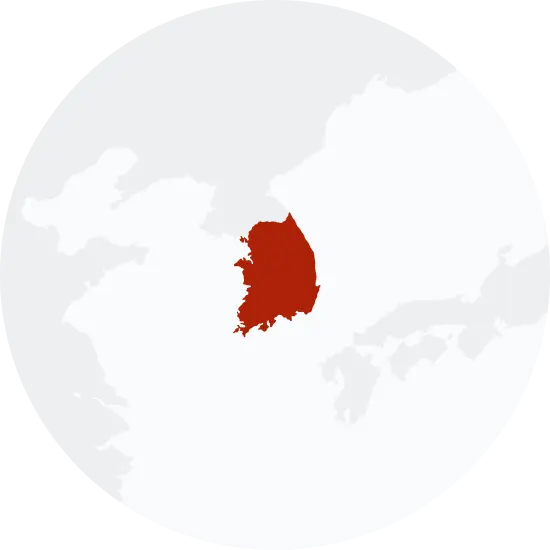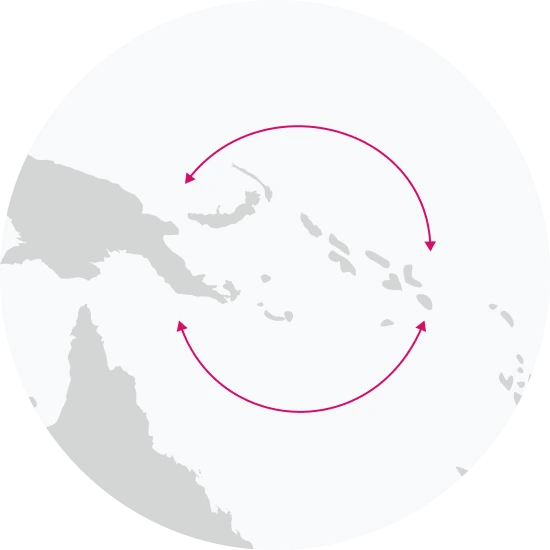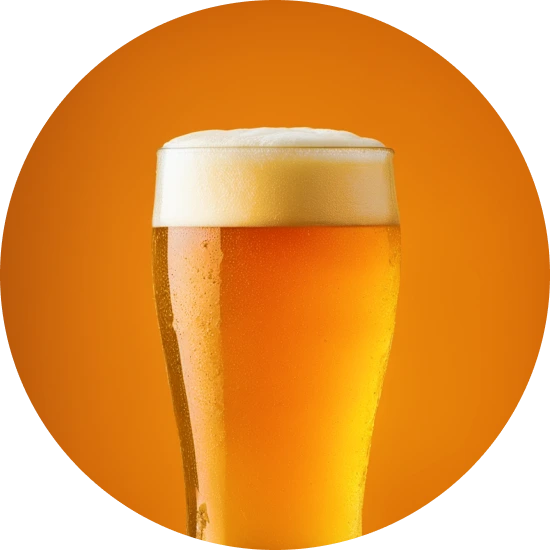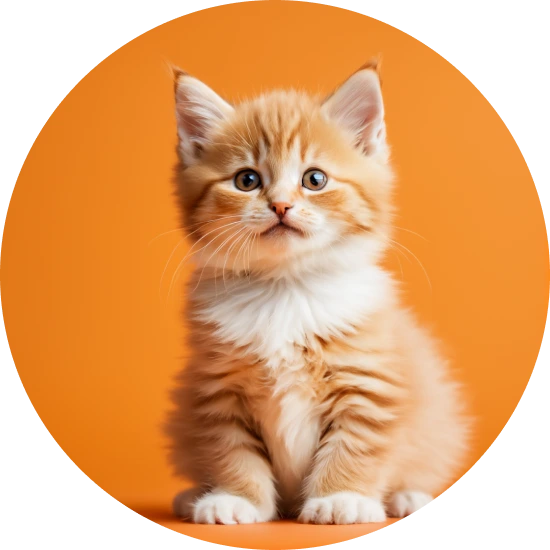Explore the Family Name Son
The meaning of Son
1. Korean: written 손, in Chinese characters 孫, meaning ‘grandson’. This is the only Chinese character for the surname Son. Some sources mention as many as 118 clans for the Son family, but only seven can be documented. According to legend, the Son clan’s founding ancestor was named Kuryema (俱 禮馬) and was one of the six pre-Shilla elders who made Pak Hyŏkkŏse (朴 赫居世) the first king of Shilla (孫 順). The first documented ancestor, however, was called Son Sun (孫 順). Sun is said to have lived a poverty-stricken existence in the Shilla period and his rise from poverty to prosperity is the subject of legends. His son was a voracious eater and ate Sun’s old mother’s food as well as his own. Sun, feeling that he could always get another son but that his mother was irreplaceable, decided to go into the mountains to bury his son. When he dug into the ground, however, he found a bell. He hung the bell on a nearby tree and rang it. So loud and clear was the cry of the bell that the king heard it in the palace below and came to investigate. The king was amazed at the bell and gave Sun a house and food. Later, a Buddhist temple was built on that spot. The founding ancestor of the Iljik (or Andong) Son clan originally bore the surname Sun, but during the reign of Koryŏ king Hyŏnjong (1009–31), Sun was changed to Son. Compare Shon 1, Sohn 2, and Sun 7. 2. Chinese: variant Romanization of the surname 宋, see Song 3. 3. Vietnamese (Sơn): from the Chinese surname 山, see Shan 2. 4. English: from Middle English sone (Old English sunu) ‘son’, hence a distinguishing epithet for a son who shared the same personal name as his father. Compare Fitz. 5. English: from the early Middle English personal name Sunne, representing either an Old English personal name Sunna, or the Old Norse personal name Súni (derived from the word for ‘son’), or the Old Norse female name Sunna, perhaps a pet form of Sunnifa, itself a Scandinavianized form of Old English Sunngifu. 6. German and Jewish (Ashkenazic): variant of Sohn or Sonn. 7. Dutch (also Van Son): habitational name for someone from Son near Eindhoven. Some characteristic forenames: Chinese Young, Jong, Sang, Jung, Kwang, Dong, Jin, Yong, Joon, Seung, Sung, Chan. Korean Chong, Chang, Byung, Chung, Jung Hyun, Young Chul, Young Seok, Chul, Myong, Sang Wook, Sookja, Thai, Minh, Ha, Lam, Hien, Hoa, Hoang, Banh, Cao, Duc, Dung, Son, Suong.
Dictionary of American Family Names, 2nd edition, © Oxford University Press, 2022.
How common is the last name Son in the United States?
The surname "Son" has experienced a significant increase in popularity over the past decade, according to the Decennial U.S. Census. In 2000, it was ranked as the 4189th most popular surname, but by 2010 it had risen to the 3541st position, an impressive 15.47% jump. The count of individuals with this surname also saw a substantial boost, from 7,843 in 2000 to 10,094 in 2010, reflecting a 28.7% growth. Accordingly, the proportion of people with the surname "Son" per 100k also increased by 17.53%.
| 2000 | 2010 | Change | |
|---|---|---|---|
| Rank | #4,189 | #3,541 | 15.47% |
| Count | 7,843 | 10,094 | 28.7% |
| Proportion per 100k | 2.91 | 3.42 | 17.53% |
Race and Ethnicity of people with the last name Son
As for the ethnic identity associated with the surname, the Decennial U.S. Census data reveals some notable trends. A majority of individuals with the surname "Son" identify as Asian/Pacific Islander, making up 78.59% in 2000 and increasing to 82.80% in 2010, a rise of 5.36%. The number of individuals identifying as White and Black decreased by around a quarter each, while those identifying as Two or more races saw a reduction of 35.02%. The Hispanic representation increased slightly by 18.54%, whereas the American Indian and Alaskan Native representation almost halved, decreasing by 45.95%.
| 2000 | 2010 | Change | |
|---|---|---|---|
| Asian/Pacific Islander | 78.59% | 82.8% | 5.36% |
| White | 12.69% | 9.52% | -24.98% |
| Hispanic | 3.56% | 4.22% | 18.54% |
| Two or More Races | 2.97% | 1.93% | -35.02% |
| Black | 1.82% | 1.33% | -26.92% |
| American Indian and Alaskan Native | 0.37% | 0.2% | -45.95% |
Son ancestry composition
23andMe computes an ancestry breakdown for each customer. People may have ancestry from just one population or they may have ancestry from several populations. The most commonly-observed ancestry found in people with the surname Son is Korean, which comprises 51.4% of all ancestry found in people with the surname. The next two most common ancestries are Indonesian, Thai, Khmer & Myanma (11.7%) and British & Irish (11.2%). Additional ancestries include Vietnamese, Chinese, French & German, Filipino & Austronesian, and Ashkenazi Jewish.
Ready to learn more about your ancestry? Get the most comprehensive ancestry breakdown on the market by taking our DNA test. Shop 23andMe
| ANCESTRY BREAKDOWN | COMPOSITION |
|---|---|
| Korean | 51.4% |
| Indonesian, Thai, Khmer & Myanma | 11.7% |
| British & Irish | 11.2% |
| Other | 25.6% |

Possible origins of the surname Son
Your DNA provides clues about where your recent ancestors may have lived. Having many distant relatives in the same location suggests that you may all share common ancestry there. Locations with many distant relatives can also be places where people have migrated recently, such as large cities. If a large number of individuals who share your surname have distant relatives in a specific area, it could indicate a connection between your surname and that location, stemming from either recent ancestral ties or migration.
Based on 23andMe data, people with last name Son have recent ancestry locations spanning a few countries, mostly in South Korea, and Vietnam.
| RECENT ANCESTRY Location | Percentage |
|---|---|
| Seoul, South Korea | 47.60% |
| Busan, South Korea | 34.70% |
| Gyeongsangnam Do, South Korea | 27.60% |
| Daegu, South Korea | 27.10% |
| Ho Chi Minh City, Viet Nam | 21.80% |
What Son haplogroups can tell you
Haplogroups are genetic population groups that share a common ancestor on either your paternal or maternal line. These paternal and maternal haplogroups shed light on your genetic ancestry and help tell the story of your family.
The top paternal haplogroup of people with the surname Son is O-F46, which is predominantly found among people with East Asian & Indigenous American ancestry. Haplogroup O-F46 is descended from haplogroup O-M1359. Other common haplogroups include O-F8 and N-M2087.1, which are predominantly found among people with East Asian & Indigenous American and European ancestry. Other surnames with similar common haplogroups are: Han, Jung, Hong, Su, Sun, Chang, Jin, Li, Ha, Chong.
The most common maternal haplogroups of people with Son surname are: F1a1, H, D4. These most commonly trace back to individuals of East Asian & Indigenous American and European ancestry.
 Paternal Haplogroup Origins O-M1359
Paternal Haplogroup Origins O-M1359
Your paternal lineage may be linked to many of the Massim groups of Papua New Guinea
Haplogroup O2a is prevalent among Massim ethnic groups, including the populations of Airara, Nomanby, the eastern tip of the mainland, the Trobriand Islands, Gawa, Woodlark, the Laughland Islands, and western Calvados. While Papua New Guinea has been inhabited for over 50,000 years, the Massim may have arrived in the last 2,000 years. Today, these populations remain connected through a traditional island trading system called the Kula Ring. Under this exchange system, residents ensure that goods that are only available on some islands, but that are vitally needed in other islands, are shared among the island populations. Only Massim men participate in the Kula exchange system, and it is common for men to be away from home for months at a time when trading with men from other islands.
Your maternal lineage may be linked to Marie Antoinette
Because it is so dominant in the general European population, haplogroup H also appears quite frequently in the continent's royal houses. Marie Antoinette, an Austrian Hapsburg who married into the French royal family, inherited the haplogroup from her maternal ancestors. So did Prince Philip, Duke of Edinburgh, whose recorded genealogy traces his female line to Bavaria. Scientists also discovered that famed 16th century astronomer Nicolaus Copernicus traced his maternal lineages to haplogroup H.

What do people with the surname Son have in common?
Spoiler alert: it's complicated. People with the same last name are usually no more genetically similar than a randomly sampled group of people from the same population. That said, people with the same surname are more likely to have similar ancestries than randomly sampled individuals. The reason is the tendency of people with similar cultural or geographical backgrounds to preferentially mate with one another. That's why people who share a surname may be more likely to share traits and tendencies in common than people within the general population. Check out the percentages below to see the prevalences of tastes, habits, and traits of people with your surname compared with prevalences among 23andMe users.
Preferences
Traits
Habits
Wellness
Are health conditions linked to the last name Son?
The short answer is that, if there is an association between surname and health, it's usually more about your ancestry than your name. Individuals with a given surname are no more genetically similar than the general population but often have similar ancestries. The populations of people associated with those shared ancestries often have sets of genetic variations, also known as alleles, in common. Some of those alleles are associated with a greater likelihood of developing certain diseases.
Disease variant frequency by ancestry
Disease allele frequencies in populations associated with the surname Son are shown below. Important Note: not everyone with a disease allele will develop these health condition














